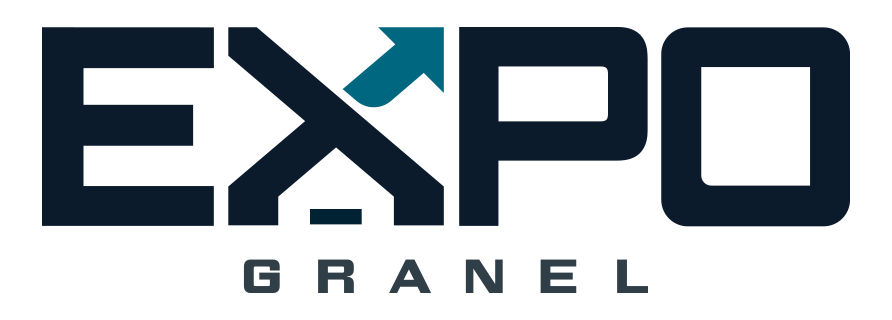Management systems
-
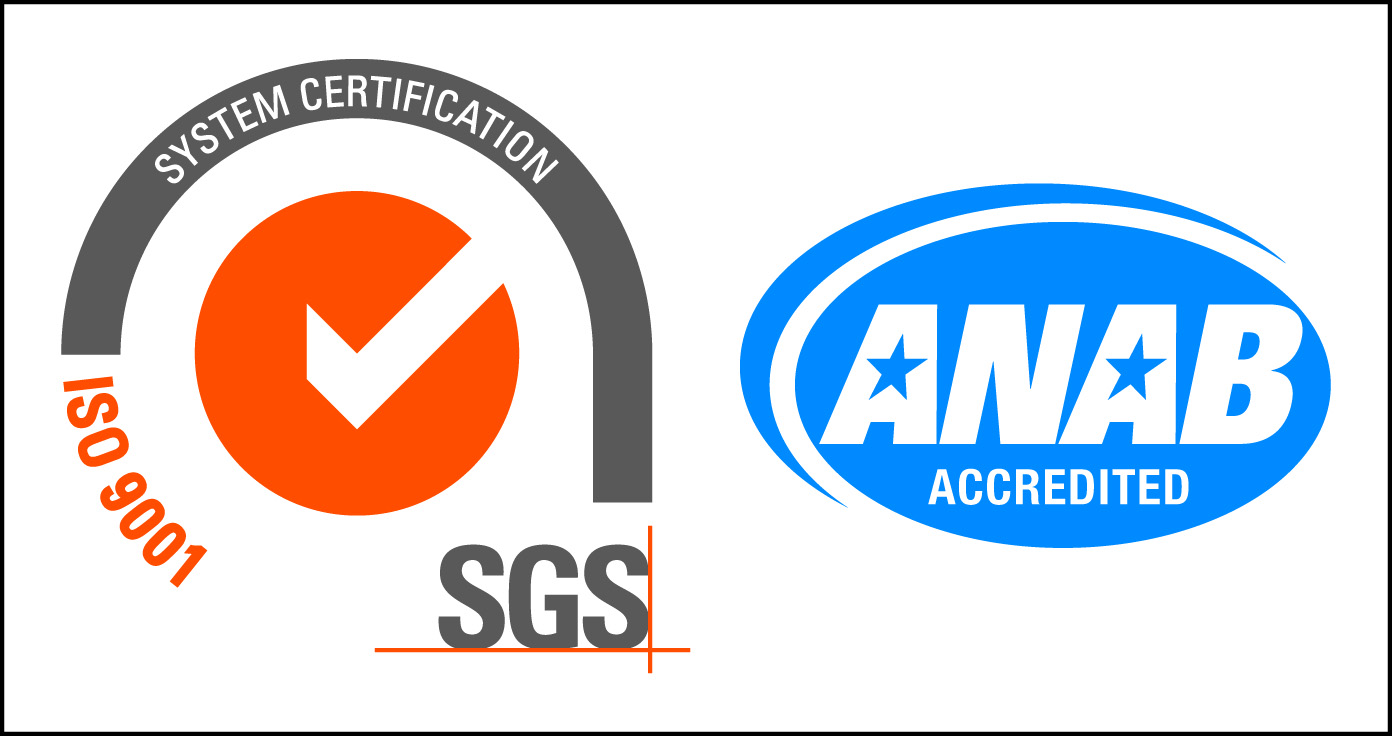
ISO 9001
The ISO 9000 family of quality management systems standards is designed to help organizations ensure that they meet the needs of customers and other stakeholders while meeting statutory and regulatory requirements related to a product or service.
-
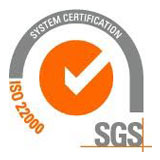
ISO 22000
ISO 22000 is a standard developed by the International Organization for Standardization dealing with food safety. It is a general derivative of ISO 9000.
-
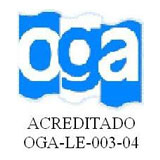
OGA
OGA ACCREDITED LABORATORY BY OGA. CODE LE-04-003.
The accreditation of the Managment System according ISO/IEC 17025 Standard, allows to the Labotarory of Expogranel, S.A., demonstrate its competence to do analysis of sugar and molasses within the accredited scope. The Guatemalan Accreditation Office -OGA-, is part of the National Quality System of Ministry of Economy of Guatemala. Its principal function is to apply an to administrate the Accreditation in all the national territory, with the purpose of recognize formally the technical competence of the conformity assessment bodies, based on current national and international standards. The Accreditation Scope of the Laboratory of Expogranel, S.A. can be consulted in the following link: https://www.oga.org.gt/organismos-acreditados/
-
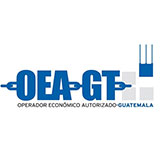
OEA GT
En Guatemala la figura de un Operador Económico Autorizado se define como las personas individuales o jurídicas que en cumplimiento de los estándares internacionales de seguridad y de las normas, requisitos y obligaciones establecidos en la ley aduanera vigente y el Servicio Aduanero, serán considerados como operadores económicos confiables y seguros y gozarán de las facilidades concedidas por la aduana, en su relación como socios.
-
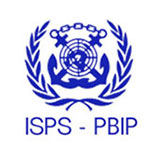
ISPS - PBIP
The International Ship and Port Facility Security (ISPS) Code is an amendment to the Safety of Life at Sea (SOLAS) Convention (1974/1988) on minimum security arrangements for ships, ports and government agencies. Having come into force in 2004, it prescribes responsibilities to governments, shipping companies, shipboard personnel, and port/facility personnel to "detect security threats and take preventative measures against security incidents affecting ships or port facilities used in international trade."
-
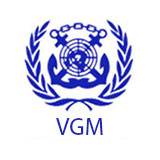
VGM
The ‘shipper’ named on an ocean bill of lading will be responsible for providing the verified weight, referred to as the VERIFIED GROSS MASS (VGM), of a packed container to the carrier and the terminal operator. The container cannot be loaded on board the vessel until the carrier and terminal operator have the VGM. In addition, the carrier must have the information far enough in advance to complete the vessel stow plan.
